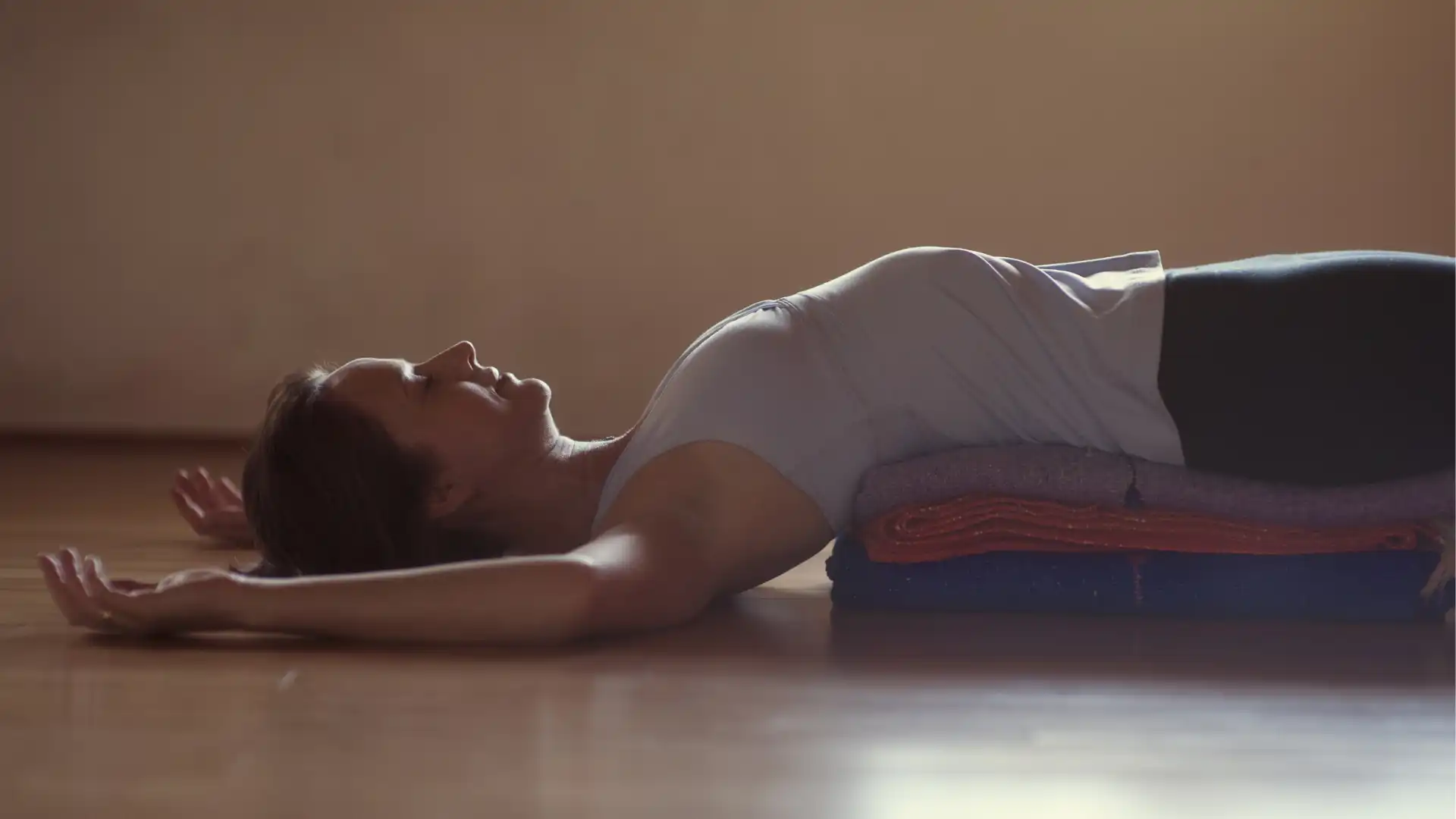15 Natural Remedies For A Good Night’s Sleep

According to the American Academy of Sleep Medicine, about 30 percent of adults experience some form of insomnia. Some have trouble getting to sleep in the first place, while others wake up a few hours after retiring and can’t get back to sleep. Either way, sleep deprivation has consequences beyond the immediate frustration of not being able to sleep. Daytime fatigue and the inability to heal physically or think with clarity are only a few of the effects.
Without a good night’s sleep you not only feel like crap the next day because you’re tired, but your body and mind have missed out on their time for rejuvenation. Sleep is the body’s time to relax and recharge. It gives the mind a chance to withdraw from sensory overload for much needed rest. Sleep’s importance cannot be underestimated.
15 Ayurvedic Remedies for A Good Night’s Sleep
A solid night’s rest doesn’t come easily to all, unfortunately. For insomniacs, the sleep-challenged, and anyone who wants quality rest, the ancient science of Ayurveda offers many pill-free and natural approaches.
-
Finish your dinner 3 hours before bedtime so that process of digestion doesn’t interrupt your sleep. A full tummy can lead to bad dreams.
-
Start winding down a couple of hours before bedtime. Avoid TV, the computer, loud music, too much talking, and looking at your phone; all of which are too stimulating for the mind before bed.
-
Take a warm bath with a few drops of calming lavender oil in the evenings.
-
Create a bedtime routine; whether that be a bath, meditation, or your own form of quiet time. This will put your body in the sleeping mindset.
-
An hour before bed, drink either a warm glass of cow or almond milk with a pinch of nutmeg, or a warm glass of milk infused with 10 strands of saffron.
-
Massage your temples, hands and feet with warm almond or sesame oil just before going to sleep. Or massage the soles of your feet with castor oil.
-
Do this simple breathing exercise before bed: with each inhale, mentally repeat I breathe in peace; with each exhale, mentally repeat I breathe out stress.
-
Get into bed by 10 pm, which will make it easier to fall asleep and promote a sounder night of sleep in general. This keeps you in harmony with the natural energetic rhythms of the day.
-
Avoid sleeping on your belly, which can obstruct deep and healthy breathing. Try to start off sleeping on your right side to encourage left nostril breathing. This activates the body’s cooling, relaxing moon energy.
-
Sleep with your head facing facing east and your feet facing west, which encourages restful sleep. The second best direction is to sleep with your head facing south, which improves health. Do not sleep with your head facing north, which disturbs both sleep and health.
-
Remove clutter from your bedroom. Physical clutter causes mental clutter, and a clean, peaceful space encourages the same for the mind.
-
Establish a regular sleep cycle. Try to go to bed and wake up around the same time every day.
-
Some people are very sensitive to caffeine, and should avoid coffee, caffeinated tea and ginseng after morning time or all together.
-
Avoid exercising too late at night, which can be invigorating rather than relaxing. If you do practice yoga in the evenings, use calming sequences and omit any stimulating postures or breathing exercises.
-
Unless you’re making up for lost sleep, resist napping. Sleep is meant for nighttime and day sleep will disturb your natural rhythm. There are a few exceptions: naps are ok for the elderly, pregnant, and ill; and power naps are fine in the hot summer months.
Read more about a good night’s sleep with YogaUOnline and contributor, Charlotte Bell.

Julie Bernier helps women find wellness from the inside out. She lives and teaches the ancient sciences of ayurveda and yoga, and combines the two to help clients naturally restore their inner balance for lasting wellbeing. Julie has journeyed to India many times over to study this wellness wisdom at its source. Connect with Julie at mahimatawellness.com.



